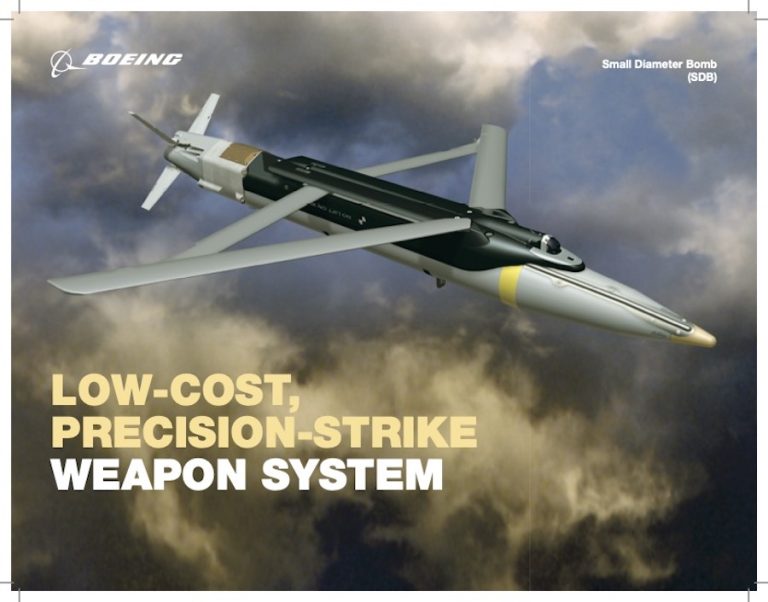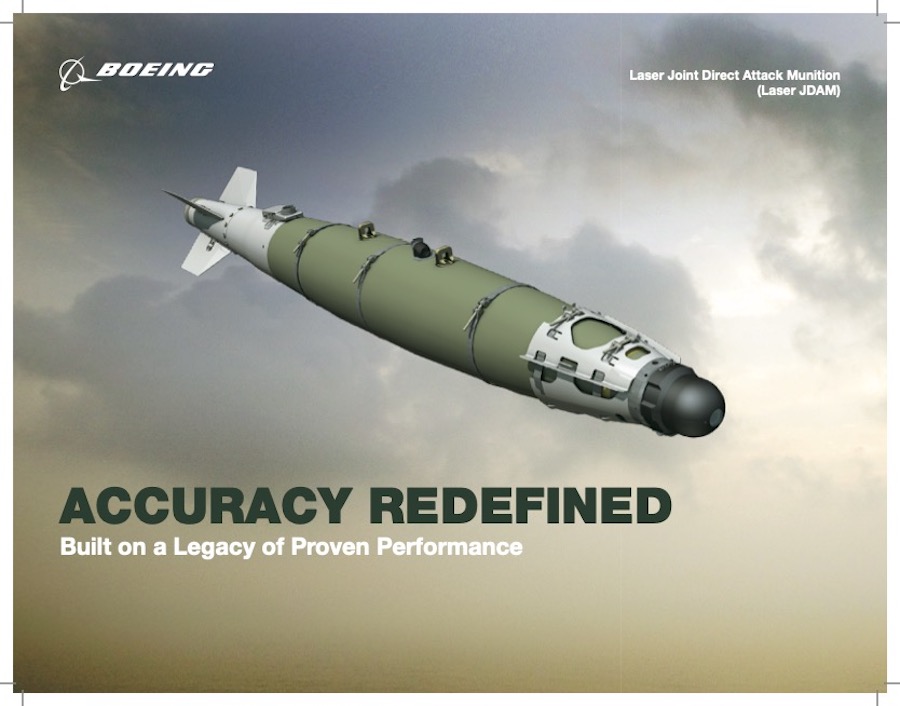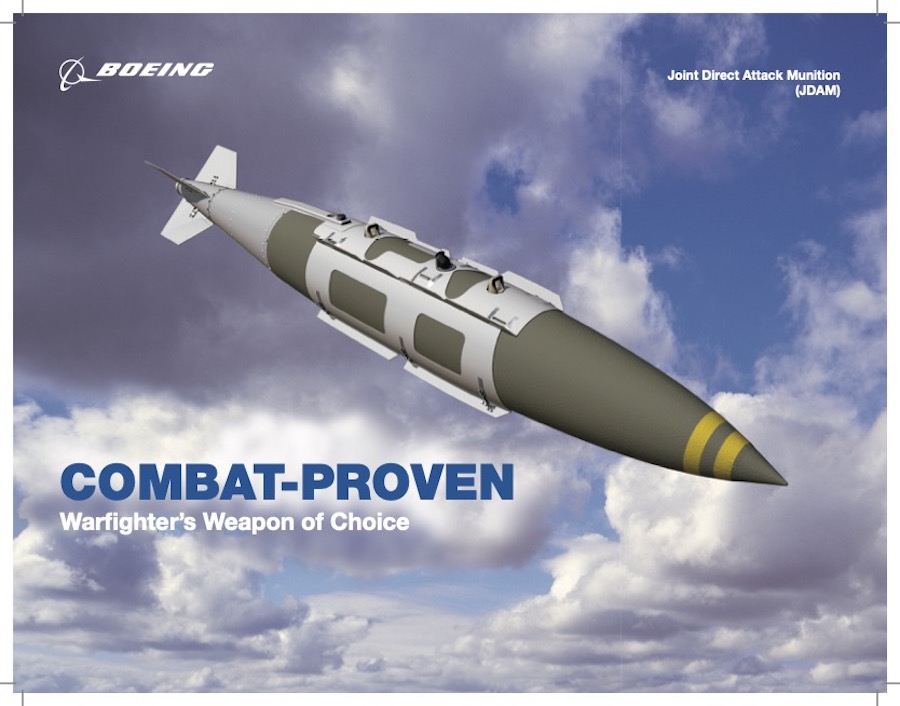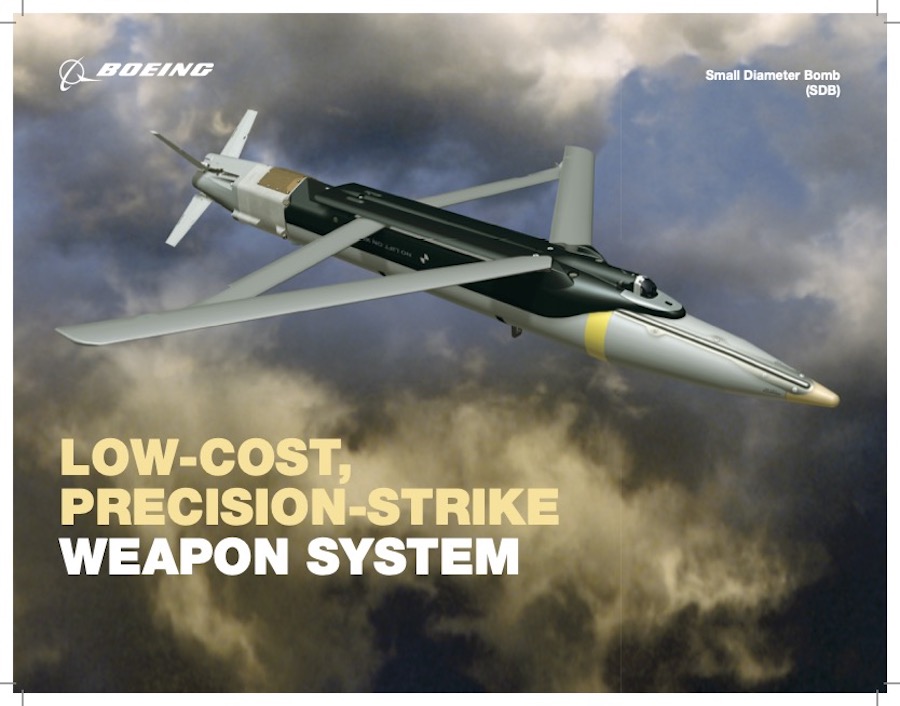
Our American Military-Industrial Complex is Profiting from the Suffering of Women and Children in Gaza – Where Is Our Outrage?
New York, N.Y. — As we watch the devastation unfold in Gaza, it’s impossible not to be horrified by the images of women and children, entire families, buried under the rubble of what were once their homes. We see the mangled remains of a Boeing bomb, designed and manufactured thousands of miles away in the United States, lying amid the destruction. In moments like these, we must ask ourselves: Who is really to blame?

Certainly, the immediate perpetrators of the violence are those who drop the bombs and launch the missiles, but there is a larger, more insidious force at work—the American military-industrial complex. This complex is not just a collection of companies; it is a well-oiled machine that feeds off war, conflict, and human suffering. It is a machine that we, as Americans, have allowed to grow unchecked, and it is high time we start questioning our complicity in this system.

A Closer Look at the Culprits
When we talk about the military-industrial complex, we’re referring to a powerful network of defense contractors, lobbyists, and government officials who work in concert to ensure that war remains profitable.
Among the biggest players in this arena are companies like Boeing, Lockheed Martin, Raytheon, and Northrop Grumman—names that should be familiar to anyone who has ever glanced at the news.
These companies don’t just build airplanes and bombs; they shape foreign policy, influence elections, and ensure that the U.S. remains in a perpetual state of readiness for war.
Boeing, for instance, is one of the largest aerospace and defense contractors in the world. They are responsible for manufacturing some of the most advanced weapons systems in existence, including the bombs that have been dropped on Gaza. But Boeing is not alone. Lockheed Martin, Raytheon, and Northrop Grumman also produce weapons that have been used in conflicts around the world, including in the Middle East.

Lockheed Martin, the largest defense contractor globally, is behind the F-35 fighter jet, a project so costly and over-budget that it has become a symbol of everything wrong with the military-industrial complex.
Meanwhile, Raytheon produces the Patriot missile defense system and Tomahawk cruise missiles, both of which have been deployed in countless conflicts. Northrop Grumman, another key player, builds drones and surveillance systems that have revolutionized modern warfare.
These companies, along with their subsidiaries and affiliates, have a vested interest in ensuring that conflicts like the one in Gaza continue. They pour millions of dollars into lobbying efforts and campaign contributions to ensure that U.S. foreign policy aligns with their bottom line. War is good for business, and these companies have mastered the art of turning human suffering into profit.

Why Aren’t We Protesting?
Given the role that these companies play in perpetuating war and suffering, one would expect to see widespread protests against them. Yet, here in the United States, the outrage is notably absent. We protest wars, we protest against government policies, but rarely do we see protests directly targeting the companies that make these wars possible.
Why is that? Part of the reason may be the sheer power and influence these companies wield. They are among the largest employers in the country, providing jobs and economic stability to communities across the nation. Many Americans are directly or indirectly dependent on these companies for their livelihoods, making it difficult to rally opposition against them.
Another reason may be the carefully crafted narratives these companies and their allies in the government have spun. We are told that these weapons are necessary for our national defense, that they are protecting us from terrorists and rogue states. The complex has effectively linked the concept of patriotism with the production of weapons, making it un-American to question their activities.


Furthermore, the military-industrial complex has infiltrated every aspect of American society. From the media to academia, these companies have established a presence that makes it difficult to view them as anything other than a necessary part of our national fabric.
The media rarely covers the true extent of the damage these companies cause because they are often the ones sponsoring the news programs and publications we consume. In academia, defense contractors fund research and development, ensuring that the next generation of scientists and engineers are aligned with their goals.

The Human Cost of War
While these companies reap billions of dollars in profits, the human cost of their actions is staggering. The bombs and missiles they produce don’t just destroy buildings; they destroy lives.
In Gaza, thousands of civilians have been killed or maimed, their homes and livelihoods obliterated. The psychological toll on survivors, particularly children, is incalculable.
We must also consider the long-term consequences of these actions. Every time a bomb is dropped on Gaza, every time a missile is launched, it breeds more hatred and resentment. The cycle of violence continues, fueled by a military-industrial complex that has no interest in peace. For these companies, peace is bad for business.
Breaking the Cycle

If we are serious about ending the suffering in Gaza and preventing future conflicts, we must start by addressing the root cause: the military-industrial complex. This will not be easy. These companies are deeply entrenched in our political system, and they will not go down without a fight. But we must try.
We can start by demanding greater transparency and accountability. We need to know exactly how much money is being spent on defense contracts, who is benefiting from these contracts, and what role these companies are playing in shaping our foreign policy.
We must also push for stricter regulations on lobbying and campaign contributions, to reduce the influence of defense contractors on our government.
Most importantly, we must challenge the narrative that war is necessary for our security. We need to promote alternative approaches to conflict resolution, such as diplomacy, economic development, and international cooperation. These approaches may not be as profitable as war, but they have a much better track record of creating lasting peace.
A Call to Action

In the end, the blame for the devastation in Gaza lies not just with those who drop the bombs, but with those who profit from their manufacture.
The American military-industrial complex is complicit in every death, every injury, every act of destruction. And we, as Americans, are complicit as well, so long as we allow this system to continue unchecked.
It is time to hold these companies accountable. It is time to protest not just the wars, but the war profiteers. It is time to demand a new approach to foreign policy, one that prioritizes peace and human dignity over profit. We owe it to the people of Gaza, and to ourselves, to break the cycle of violence once and for all.
Boeing’s Bombs in Gaza: Why Aren’t We Protesting War Profiteers? (Aug. 11, 2024)
#MilitaryIndustrialComplex, #GazaConflict, #WarProfiteering, #Boeing, #IsraelPalestine, #HumanRights, #LockheedMartin, #Raytheon, #RTX, #NorthropGrumman
Tags: Military-Industrial Complex, Palestine-Israel Conflict, Boeing, War Crimes, Human Rights Violations, U.S. Defense Contractors, Lockheed Martin, Raytheon, and Northrop Grumman
ABOUT Addiction Advice Africa Africa – South Africa – West Americas & Caribbean Analysis Animals & Animal Rights Anthropology Architecture Asia – East Asia-Pacific Asia – South Asia – Southeast Authoritarianism Available Content Calendar Canada Celebrity Children Childrens' Literature China (PRC) Cities & Urban Development Corporations Cuisine & Culinary Arts CULTURE Dance Disaster & Development Economics Education Europe Events Extremism Eyewitness Faith, Religion & Theology Family & Relationships Fashion Film & TV Global Warming Goodness Gun Control Health & Hygiene Heros of Democracy History Human Rights Humor Immigration & Migration In Depth International Relations Jim Luce Writes Law & Judicial System Leadership Liberation Movements Media Mental Health Mideast Monthly Feature Museums & Galleries Music Nature News Obituary Older Adults Open Orphans International Outer Space Pacific Islands Peace & Conflict Resolution Philanthropy Philosophy Philosophy Photography Poetry & Fiction Politics Pop Culture Poverty Press Pulse Profiles Racisim & Black Lives Matter Review Royalty Science & Technology Service Organizations Sexuality & Gender Social Media Sports & Olympics The Arts Theater & Comedy Travel U.N. U.S. Video Viewpoint War, Conflict & Terrorism Women WORLD World War II World War III Youth